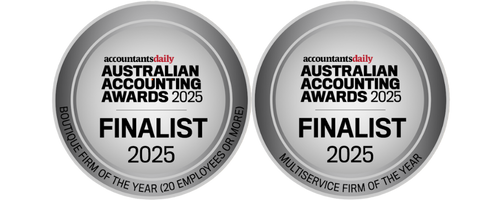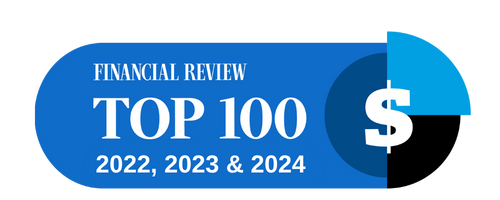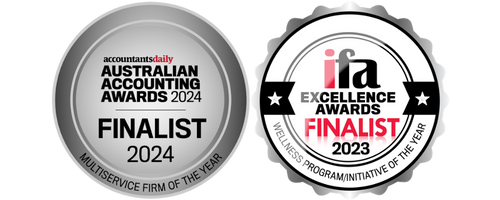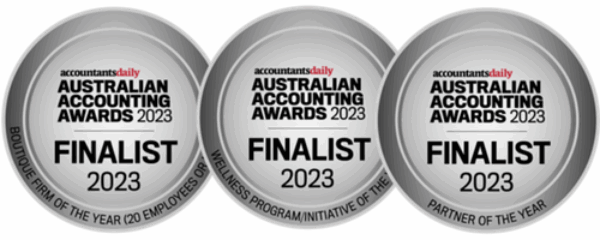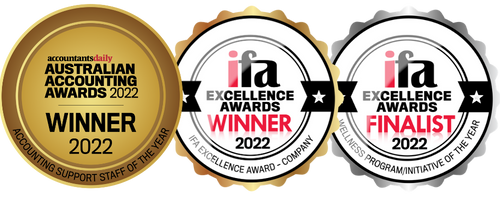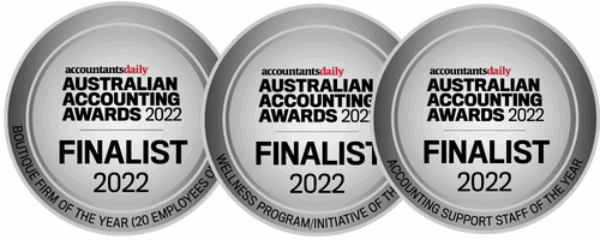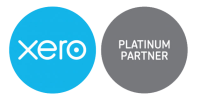Accounting for doctors in 2025 has evolved far beyond tax-time basics. As cloud-based systems, automation, predictive analytics and secure integrations become the norm, doctors now have access to accounting that is faster, smarter, and more tailored to their career. But with these advancements also comes a shift in expectations — today’s medical professionals need more than compliance; they need insight, adaptability, and ongoing financial clarity.
As the medical profession itself undergoes transformation — with increasing specialisation, private practice growth, and changing billing structures — the financial strategies that support doctors must also adapt. Keeping up with technology is only one part of the puzzle. The real value lies in how these tools are used to reduce risk, improve decision-making, and support long-term goals.
Why accounting for doctors is different
Doctors often face a unique combination of complexity and variability in their finances. From juggling multiple income sources to transitioning into private practice or planning for periods of leave, no two doctors’ financial circumstances are the same.
Career stage also plays a major role. Interns and registrars typically manage single-source PAYG income, while GPs and specialists may be dealing with Medicare billings, locum income, ABNs, or business entities. Specialist accounting support can make a significant difference — not just in tax outcomes, but in financial confidence.
What good accounting for doctors looks like in 2025
The best accounting support today is not just reactive — it’s proactive, integrated and strategic. Here’s what you should expect from their accounting setup in 2025 and beyond.
Cloud-based accounting for doctors with automation and real-time access
Cloud-based accounting platforms are now widely used in the medical profession, but their real value lies in how effectively they’re implemented.
These platforms now include intelligent automation features such as:
- Real-time bank feed reconciliations
- Auto-categorisation of expenses based on AI and past behaviour
- Suggested GST treatments for new transactions
- Secure data access from any location
For doctors who split their time between hospitals, private clinics and locum shifts, real-time access means fewer surprises at tax time and more reliable cash flow visibility. These tools can be configured to mirror the way a doctor earns and spends — saving time, reducing manual admin, and improving accuracy.
Integrated systems: accounting for doctors in private practice
Doctors who operate or manage private clinics are increasingly connecting their practice management platforms with their accounting software.These tools offer varying levels of integration with accounting systems such as Xero — enabling invoices, payments, appointment data and payroll to sync automatically.
This integration reduces duplication, minimises human error, and ensures up-to-date records without double handling. Some platforms offer native integrations, while others may require middleware or custom API development. Identifying the right combination is essential for scaling efficiently and maintaining clean, accurate books.
Predictive analytics and modelling in accounting for doctors
One of the most impactful developments in accounting for doctors has been the increasing use of predictive analytics. Doctors working in private practice or on variable rosters often struggle to anticipate their income across the year. Predictive tools can now help model:
- Income variations due to time off, lower billings, or additional consulting days
- Future tax obligations and PAYG instalments
- Cash flow forecasting across different entities or service agreements
By working with financial models that reflect seasonal patterns and real historical data, you can make more informed decisions — whether that means planning ahead for leave, upgrading equipment, or assessing when to hire additional staff. These kinds of tools also support longer-term and strategic financial planning at various career stages.
Tax planning and structuring in modern accounting for doctors
The regulatory environment for medical professionals continues to shift, and effective tax planning has become a year-round task rather than a once-a-year event.
Some of the key areas where you could benefit from specialist support include:
- Choosing the right entity (sole trader, company, trust or combination)
- Managing PAYG withholding and superannuation for yourself and your team
- Structuring income from multiple hospitals or clinics
- Identifying eligible deductions such as continuing education, professional memberships, or equipment
Doctors who engage with their accountant throughout the year — not just at tax time — are far better positioned to reduce tax liabilities, meet obligations, and protect their financial position.
Cybersecurity and privacy considerations in accounting for doctors
In 2025, cybersecurity is no longer just an IT concern — it’s a core financial risk consideration. Doctors working in both public and private sectors are handling large amounts of sensitive data, and their accounting systems must be held to the same security standards.
Modern accounting platforms now offer:
- Bank-level encryption
- Two-factor authentication
- Automated audit logs
- Encrypted data backups
Beyond platform-level security, you should review your own internal processes — including access permissions, password management, and how business documents are stored and shared. It is a good idea to identify the best-practice setup for your practice or entity for secure and compliant systems, helping reduce exposure to fraud, data breaches or regulatory penalties.
Accounting for doctors through different career stages
No two doctors’ careers are the same — and neither are their financial needs. Good accounting in 2025 accounts for the realities of:
- Starting or scaling a private practice
- Transitioning from training into consultancy work
- Managing income during maternity, sabbaticals, or long service leave
- Preparing for retirement or part-time work
A strong accounting partner should help connect the dots between your business structure, your cash flow, and your personal goals — offering insights tailored to your medical pathway.
Integrated support, like combining accounting, financial advice and home loan guidance, will give you a clearer picture of your total financial position. This is especially valuable when making decisions about practice expansion, property purchases, or income planning across family structures.
Is your accounting keeping pace?
If you’re a doctor, your accounting needs in 2025 likely include real-time data access, efficient integrations, proactive tax planning, and personalised advice that reflects your career trajectory.
Whether you’re just starting out or well established in private practice, reviewing your accounting setup could lead to better outcomes — not only at tax time, but year-round.
Get in touch with our team to explore how our specialist accounting services for doctors, combined with financial planning and tailored mortgage advice, can help you gain clarity, reduce financial stress, and plan confidently for the future.





